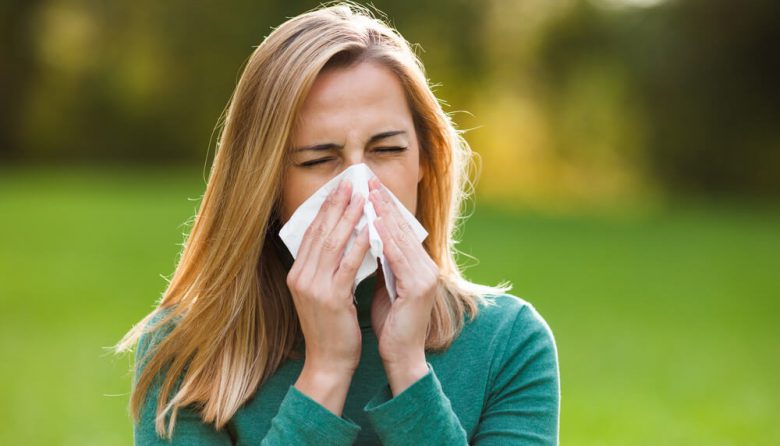The difference between coronavirus and seasonal allergy symptoms
If you can’t imagine going out for a spring walk without having antihistamines within reach, you know what living with allergies is like. But things change a lot in this never-before-seen COVID-19 era. Because some of the signs of seasonal allergies and coronavirus do overlap, you may be confused about whether it’s really hay fever that is to blame for your runny nose this spring.
No more guesswork. Learn more about the difference between these two conditions to respond to each of them right.
So is it coronavirus or allergies?
There may be a fine line between the coronavirus that results in COVID-19 and hay fever. Both conditions affect your airways and are related to inflammation to some extent. While your lungs become inflamed because of the infection of their walls in COVID-19, hay fever misguides your body as to how to react to allergens, causing inflammation. That is why the conditions may share a range of symptoms like:
- growing fatigue
- frequent headaches
- runny or stuffy nose
- dry cough
- breathing problems
The best way to distinguish between the two is to know the difference between allergy symptoms vs. COVID-19 symptoms:
- Hay fever doesn’t cause a fever. But the coronavirus does.
- In most cases, allergy sufferers develop teary or swollen eyes and sneeze a lot.
- Nausea and diarrhea are typical COVID-19 symptoms that are rarely present with hay fever.
- Although fatigue is a shared sign, muscle aches are common with the coronavirus only.
Can you have allergies and coronavirus at the same time?

Having an allergy doesn’t rule out the possibility of contracting COVID-19. With hay fever, there are many antibodies that fight allergens, but they do not protect you from a viral infection. On top of that, persistent allergic rhinitis can undermine your immune system, making it easier for the virus to invade your body.
So, if you can’t stop sneezing and have come down with a fever accompanied by difficulty breathing, the chances are you’ve developed an allergy and COVID-19. The symptoms don’t necessarily have to be like that, though. The signs of seasonal allergies and coronavirus can vary, and the only way to diagnose COVID-19, hay fever, or both is to get a test.
Always call your doctor if you suspect you may have COVID-19, whether it follows your seasonal allergy or not. Remember, self-medication entails many risks, especially when it comes to the coronavirus.

